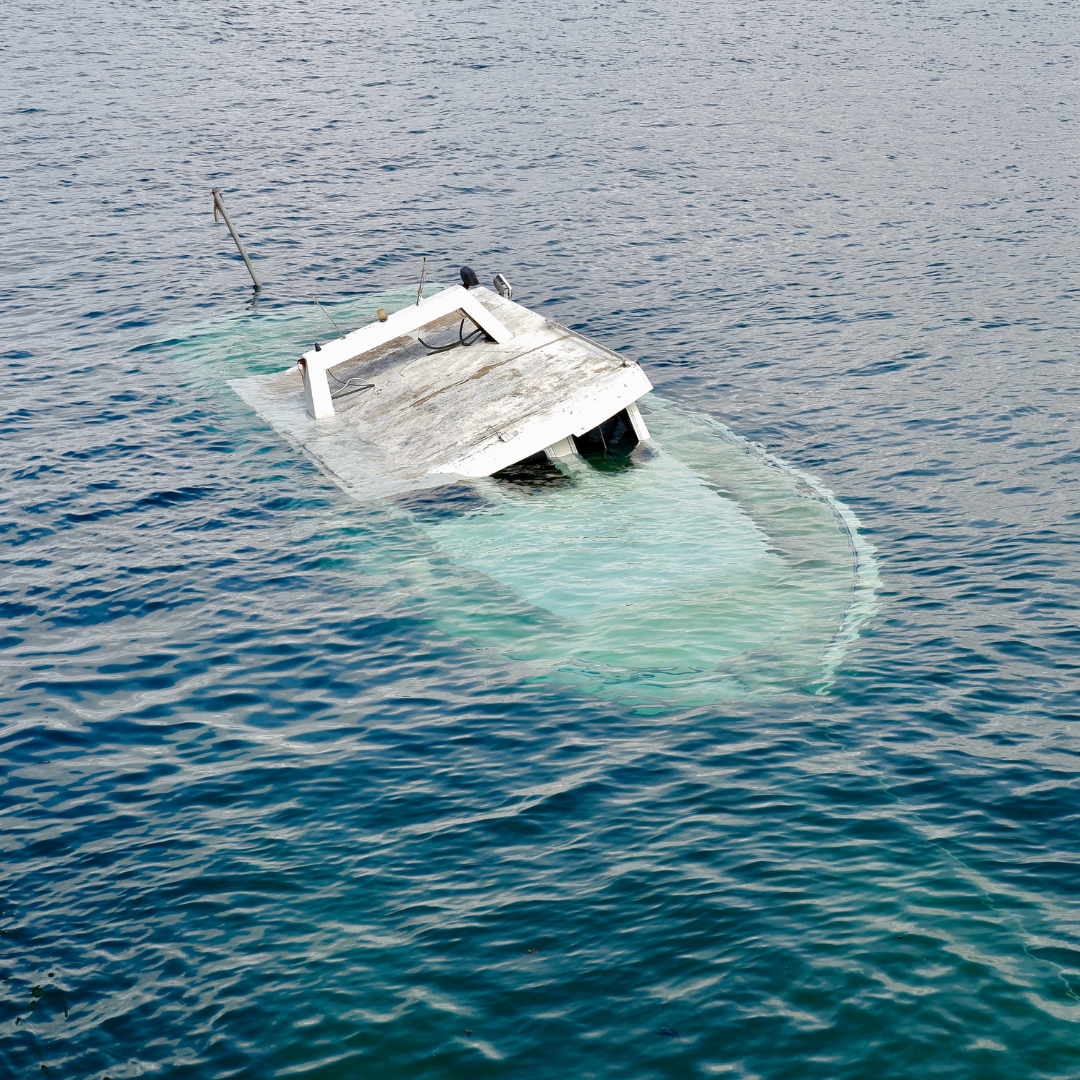Florida’s fall weather keeps boats on the water long after summer ends. Weekends, sandbar gatherings, and rental outings pick up—so do injuries to passengers and guests. If you or a loved one was hurt on a recreational boat this October, your next steps depend on who was operating, whether it was a rental, and where the incident happened.
This guide covers passenger vs. operator responsibility, how rental agreements factor in, where maritime law can overlap with Florida law, and what to do immediately after an injury.
· Call 911 and get medical care. Document symptoms and keep all visit summaries.
· Photograph the scene, vessel, equipment, lighting, weather, and any hazards.
· Collect names, phone numbers, and insurance information for operators, owners, and witnesses.
· Preserve evidence: damaged gear, life jackets, receipts, rental agreements, and app or camera footage.
· Report the accident to law enforcement or FWC when required, and avoid recorded statements to insurers until you speak with counsel.
Boat operators owe a duty to operate safely and follow navigation rules. Florida law treats vessels as “dangerous instrumentalities,” placing the highest degree of care on the person operating at the time. Liability for careless or reckless operation is typically on the operator actually in control.
If you were a passenger and the operator’s negligence (speeding, impairment, violating navigation rules) caused the incident, claims usually proceed against the operator and applicable insurance.
If the vessel was rented, Florida’s livery rules matter. Liveries must meet safety duties (pre-ride instruction, safety equipment, seaworthy condition), keep written agreements, and carry insurance. Failing to comply can create exposure. If a rented boat is in an accident, the livery has reporting duties too.
Why you should save the rental agreement: it records who was operating, time-of-use, passenger count, and the safety briefing.
Beyond operator negligence, some cases involve negligent entrustment—allowing an unfit or unsafe person to operate a vessel (for example, clearly intoxicated or inexperienced). Negligent entrustment is a separate theory from vicarious owner liability; whether it applies depends on the facts.
If the incident occurred on navigable waters, federal maritime law may apply alongside or instead of state law. Maritime law can affect fault rules and deadlines—many maritime personal injury claims follow a three-year deadline. Determining the correct forum and timeline early is essential.
Boating accidents must be reported if they involve injury beyond first aid, death, disappearance, or property damage above statutory thresholds. Generally: within 48 hours for death within 24 hours, serious injury, or disappearance; within 10 days in other qualifying cases.
Depending on the facts, recoverable damages may include medical expenses, lost income, and pain and suffering. Coverage sources can include the operator’s policy, any applicable rental or livery coverage, and in some cases additional policies implicated by the location and circumstances.
Bring the rental agreement, photographs, medical records, and contact info for witnesses. We’ll determine which laws apply (state vs. maritime), identify responsible parties, preserve evidence, and move quickly on reporting and claim deadlines.
Contact The Nation Law Firm for a free case evaluation: https://www.nationlaw.com/contact-us/
Learn more about your options after a crash: Boating Accidents
Understand near-drowning complications: Drowning Injuries
You didn’t cause this. You deserve answers. Contact The Nation Law Firm for a free case evaluation. “You trusted us. We’re honored to fight for you.”
